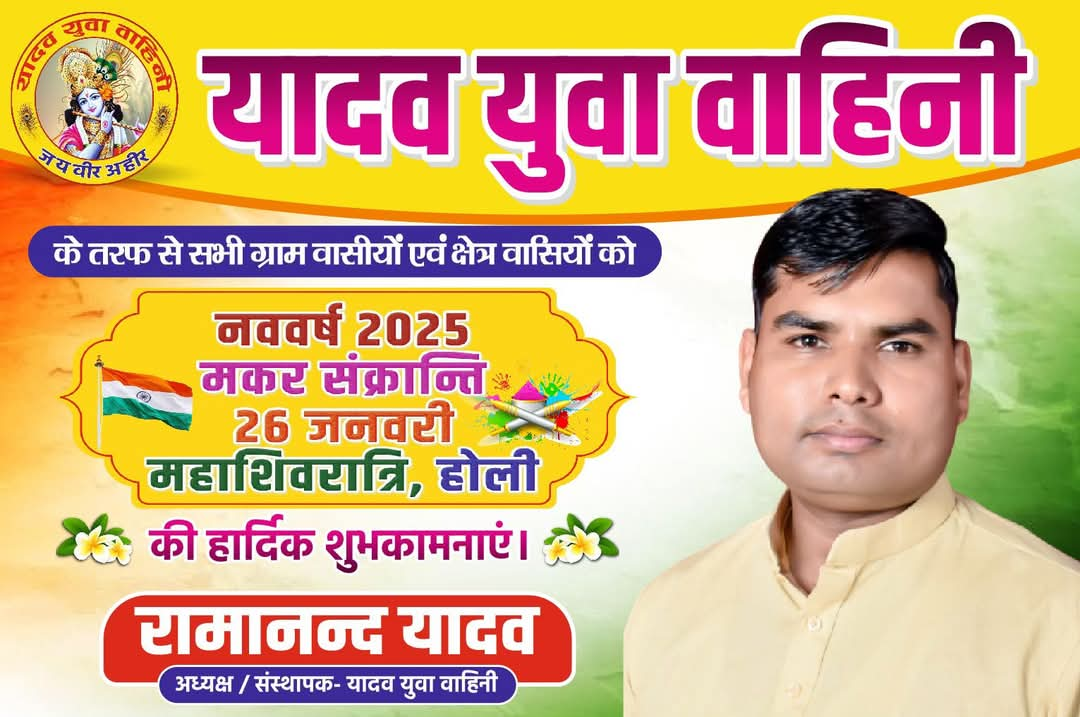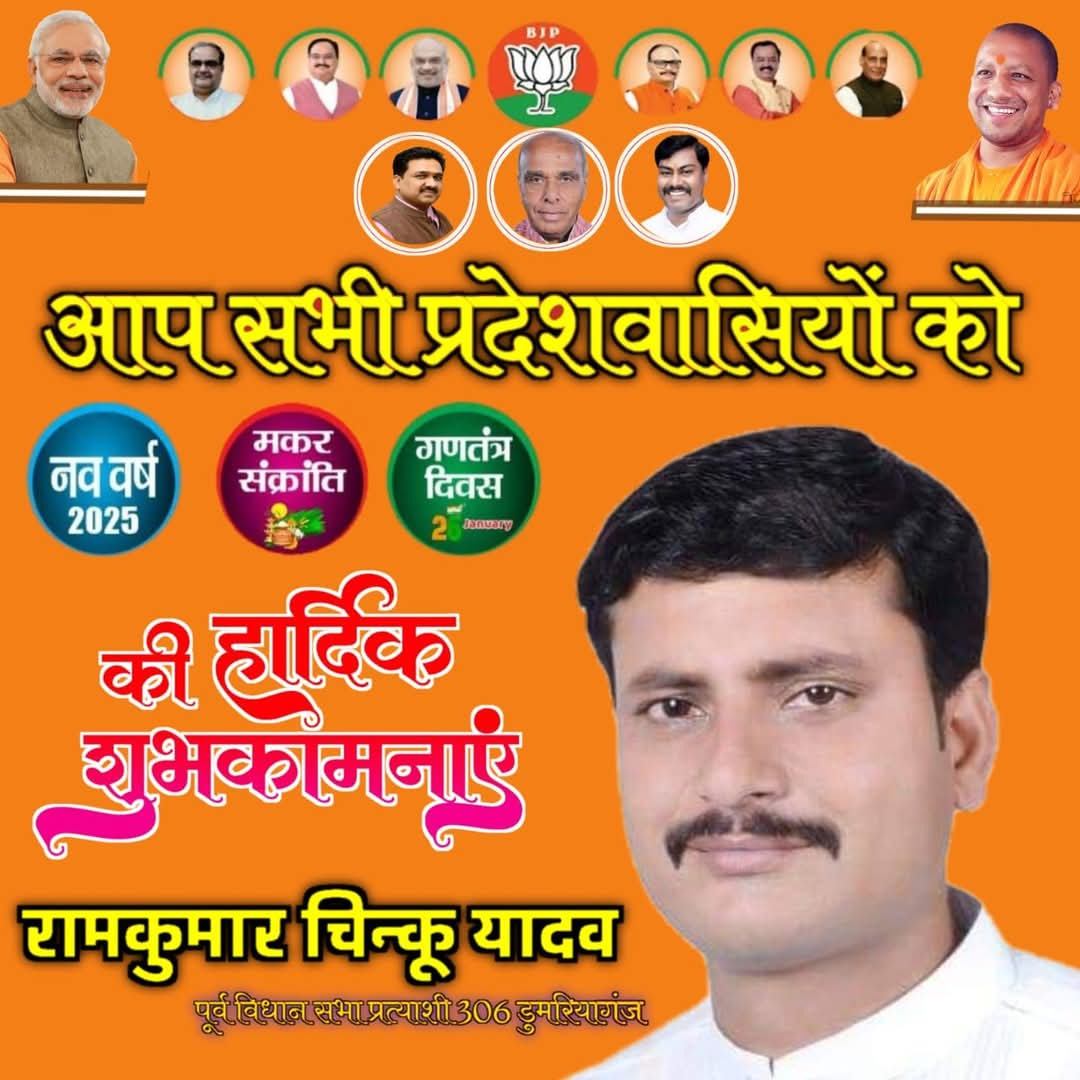In the dry, mountainous district of North Waziristan, 19-month-old Ahmad became Pakistan’s 14th confirmed polio case of 2025. His diagnosis, reported on July 1 by the National Institute of Health in Islamabad, pushed the year’s total in Khyber Pakhtunkhwa province to eight. That figure may seem small, but it’s a grim reminder: Pakistan remains one of only two countries in the world where polio is still endemic.
Pakistan has fought hard against polio, slashing cases by over 99 per cent, according to Federal Health Minister Syed Mustafa Kamal. Decades of door-to-door vaccination drives, brave health workers, and global support have pushed the virus to the brink of extinction. But the fight isn’t just against a disease. It’s against poverty, conflict, and a lingering wound inflicted by a CIA operation more than a decade ago.
In 2011, a shocking secret came to light: the CIA had used a fake vaccination campaign in Abbottabad, Pakistan, to hunt for Osama bin Laden. It was a move no one saw coming, and its fallout would ripple for years. Reports from The Guardian and The New York Times revealed that the CIA, desperate to confirm if bin Laden was hiding in a local compound, enlisted a Pakistani doctor named Shakil Afridi.
Story continues below this ad
His job? Run a pretend hepatitis B vaccination drive for kids in the area. But the needles weren’t just for vaccines—they were a cover to collect DNA samples, likely through blood or saliva, from children near the compound. The hope was to match the samples to DNA from bin Laden’s sister, who’d died in the US the year before, to prove if her brother—the elusive “Pacer” the CIA was tracking—was really there.
The mission worked; Bin Laden was killed. But America’s success came at Pakistan’s cost.
Once news spread of the fake vaccination campaign, the backlash was swift and far-reaching. Many Pakistanis saw the episode as confirmation of their worst suspicions: that Western aid programs could be Trojan horses for intelligence operations. Public trust in vaccination campaigns, already fragile in parts of the country due to conspiracy theories and religious opposition, was severely damaged.
“Release of this information has had a disastrous effect on worldwide eradication of infectious diseases, especially polio,” The Lancet later reported.
Story continues below this ad
Militant groups used the episode to reinforce conspiracy theories that vaccinations were a Western plot. In the years since, polio workers have been targeted by extremists, forced to operate under armed escort.
In Balochistan last November, a bomb tore through a police escort for vaccinators, killing nine, including five children. In Khyber Pakhtunkhwa, 20 health workers and guards have been killed in similar attacks. The violence forced groups like the UN to pause vaccination efforts, leaving millions of children unprotected.
As the violence increased, so did mistrust. According to Dawn, Pakistan’s leading English daily, the numbers from recent immunisation drives are staggering. “Khyber Pakhtunkhwa reported 19,070 refusals against oral polio vaccine in February,” the paper reported. Additionally, nearly 100,000 children were simply not home when health workers came – possibly because parents intentionally kept them away.
A study by researchers Monica Martinez-Bravo and Andreas Stegmann showed how the CIA’s ruse gutted vaccination rates. In areas with strong support for extremist groups, vaccinations for polio dropped 28 percent, measles 39 per cent, and other diseases 23 per cent following the revelations. In some Taliban-controlled regions, vaccines were banned outright. The CIA’s promise in 2014 to never again use health programs for spying came too late. The damage was done.
Vaccination refusal became ideological.
Story continues below this ad
This growing mistrust has left the last mile of eradication out of reach. Meanwhile, attacks on health workers have become routine. Fear stalks every door-to-door visit. Paranoia thrives in the absence of trust. And a virus that should have been confined to history now clings to life—in part because public health was once used as a weapon of war.























